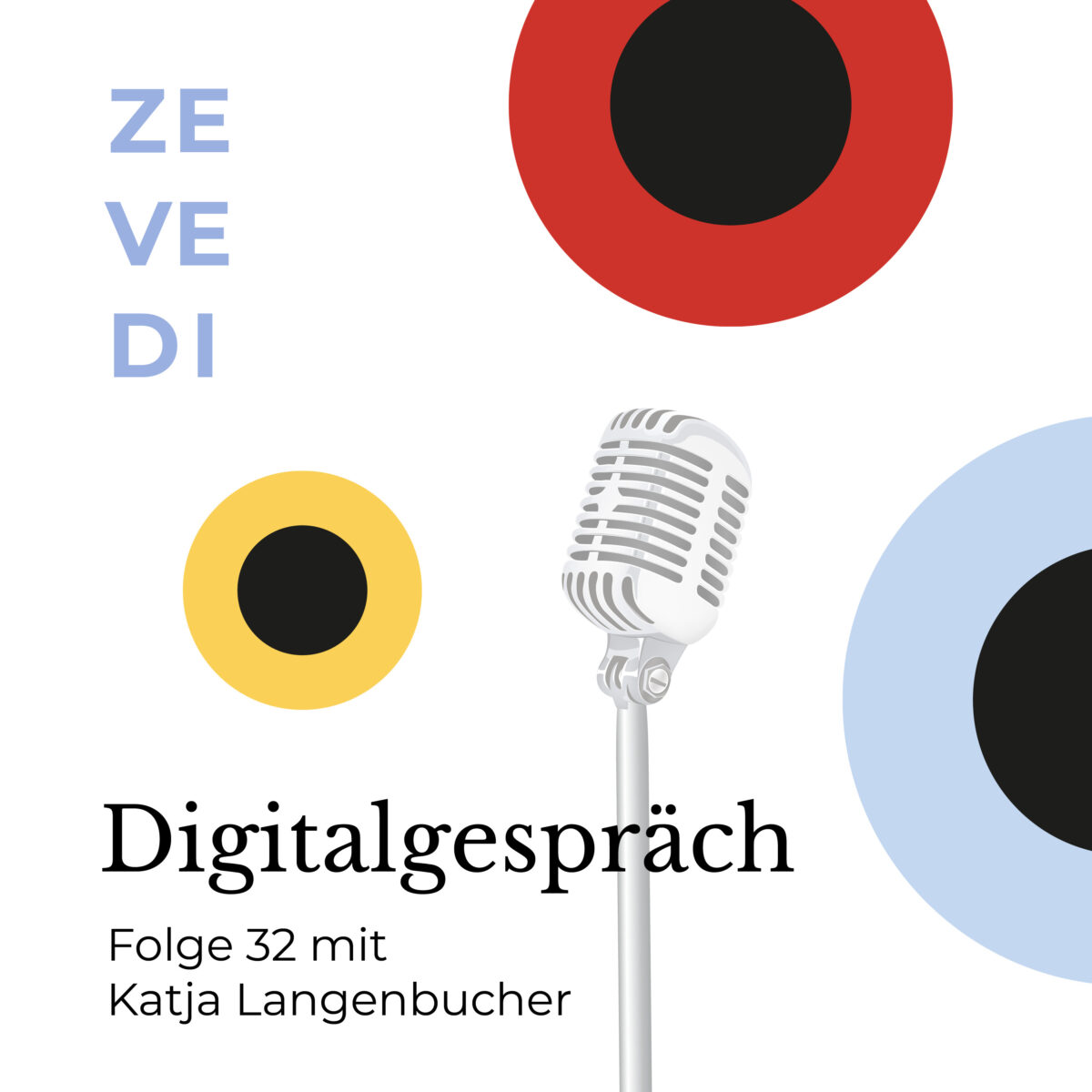
When we open a bank account, apply for a loan or sign a mobile phone contract, we are usually asked to agree to a credit check – in Germany for example with Schufa. Those who request such a score about us hope to get a reliable statement about whether we are likely to meet our financial obligations. But how does this information come about? Big Data and Artificial Intelligence make it possible to use completely new strategies for this question, with which more individual, possibly more precise or even “fairer” scores could be created. This is where FinTechs come in, which – unlike Schufa – could basically use our entire digital footprint for their scores: Automated processes find patterns and correlations with which aspects of all areas of life can be translated into financial data. Whether the results, which include not only income and payment behaviour but also musical tastes and jogging routes, always correspond to reality is one question – another is whether personal characteristics play a role that are actually affected by the ban on discrimination. Because, as studies show time and again: AI models seem to systematically discriminate against socially disadvantaged groups. And loan sharks can also profit from this automated perpetuation of social injustice, depending on the legal situation.
Katja Langenbucher is a professor of civil law, commercial law and banking law at the House of Finance at Goethe University Frankfurt am Main. One of her research focuses is the usage of artificial intelligence in the financial sector. In this episode of “Digitalgespräch”, the law expert explains the considerations behind the development of new types of AI models for scoring, which problems they raise or might help to solve, and where regulatory needs arise. Together with hosts Marlene Görger and Petra Gehring, Langenbucher discusses differences between scoring providers, also in international comparison, and which justice problems require an open democratic debate, also at the EU level.
Further informationen:
Link to Katja Langenbucher’s guest article „KI-basiert ermittelte Kreditausfallrisiken mit Vorsicht zu genießen“ in Börsen-Zeitung: https://www.boersen-zeitung.de/kapitalmarktforschung/ki-basiert-ermittelte-kreditausfallrisiken-mit-vorsicht-zu-geniessen-91ff697a-673e-11ed-a8ee-76a419d2158f
all episodes of Digitalgespräch»
The podcast is in German. At the moment there is no English version or transcript available.

